The 32 top twist movie endings
They were dead, or dreaming, or hidden in plain sight, the whole time
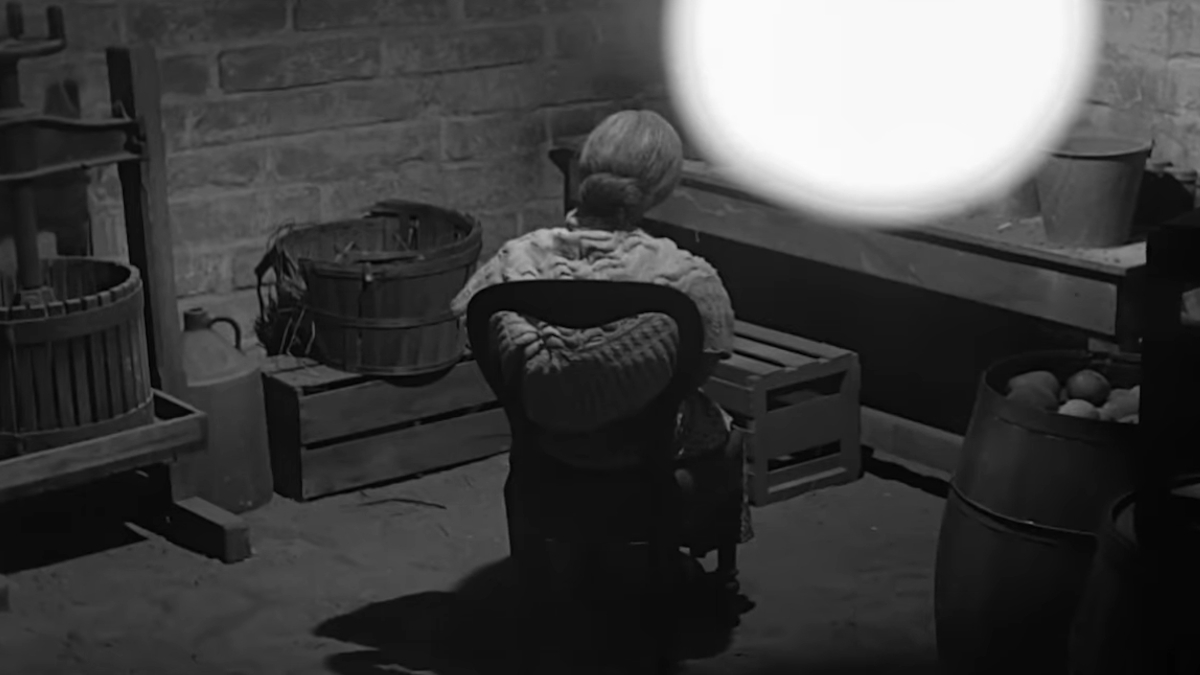
Who doesn’t love a good twist ending? Some of the best movies ever made tend to surprise their audience just before the credits roll. But which among them are actually the greatest of all time?
The appeal of plot twists are easy to understand, even if we don’t fully understand why. In a 2019 interview with NPR’s Hidden Brain podcast, cognitive scientist Vera Tobin observed that stories operate like a “magic trick.” We recognize stories because of patterns, Tobin said, so we’re impressed when expert storytellers subvert expectations. In a separate 2021 essay for Aeon, Tobin wrote that a good plot twist invites audiences to participate more than passively enjoy the media.
“Stories with surprise twists involve several noteworthy kinds of labour,” Tobin wrote. “First, like any story, they ask their audience to put in the time and effort to build up specific ideas about what is going on. We invest our attention and affections in characters and situations. Then, in the wake of the surprise, we’re supposed to undo a lot of that work and do new work instead, reconstructing our understanding of what’s going on to fit the surprising new information.”
For those looking for a good surprise in their movie offerings, behold: We’ve collected 32 movies with some of the most memorable twist endings. And good news! For your benefit, we’ve done our best to keep everything here as spoiler free as we could so you can discover the twists and turns for yourself, though some still might be obvious given how we've discussed them. You’re welcome! But remember to pick your jaws back up from the floor.
32. Saw (2004)
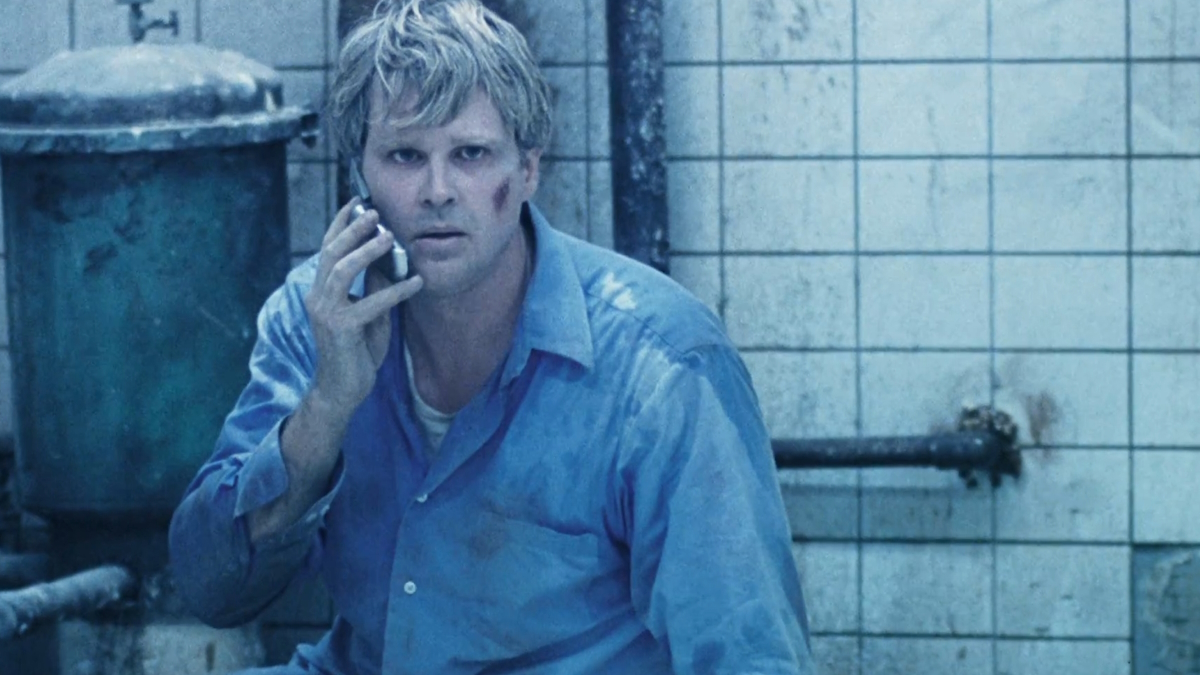
Virtually all the Saw movies contain some kind of a surprise or plot twist. But still, to this day, nothing beats the jaw-dropping ending to the first installment in the gory horror franchise. In the 2004 original that put James Wan and writer Leigh Whannell on the map, it’s the one person in the room that audiences least expect who is, in fact, the true mastermind behind the whole grisly ordeal. Not only is Saw a true 21st century horror classic, but its introduction of Tobin Bell as Jigsaw is one of those once-in-a-lifetime reveals that really felt like it changed everything.
31. The Power of the Dog (2021)
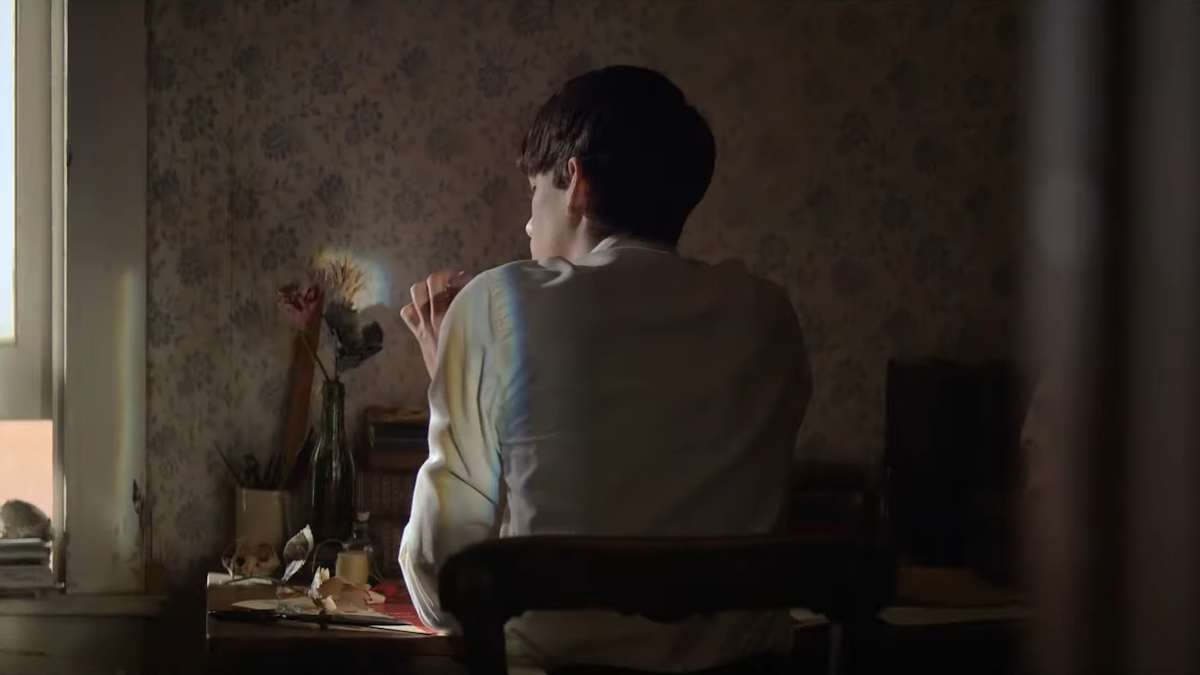
Toxic masculinity and repressed identities sprawl across wide open plains in Jane Campion’s acclaimed 2021 Western film The Power of the Dog, based on Thomas Savage’s novel. Benedict Cumberbatch and Jesse Plemons co-star as wealthy ranch owners, with the former being psychologically and verbally abusive towards the latter’s new wife (Kirsten Dunst) and effeminate son (Kodi Smit-McPhee). While The Power of the Dog doesn’t have a twist ending in the traditional sense, it’s still a shock to see how deep one’s capacity for evil can run.
30. Barbarian (2022)
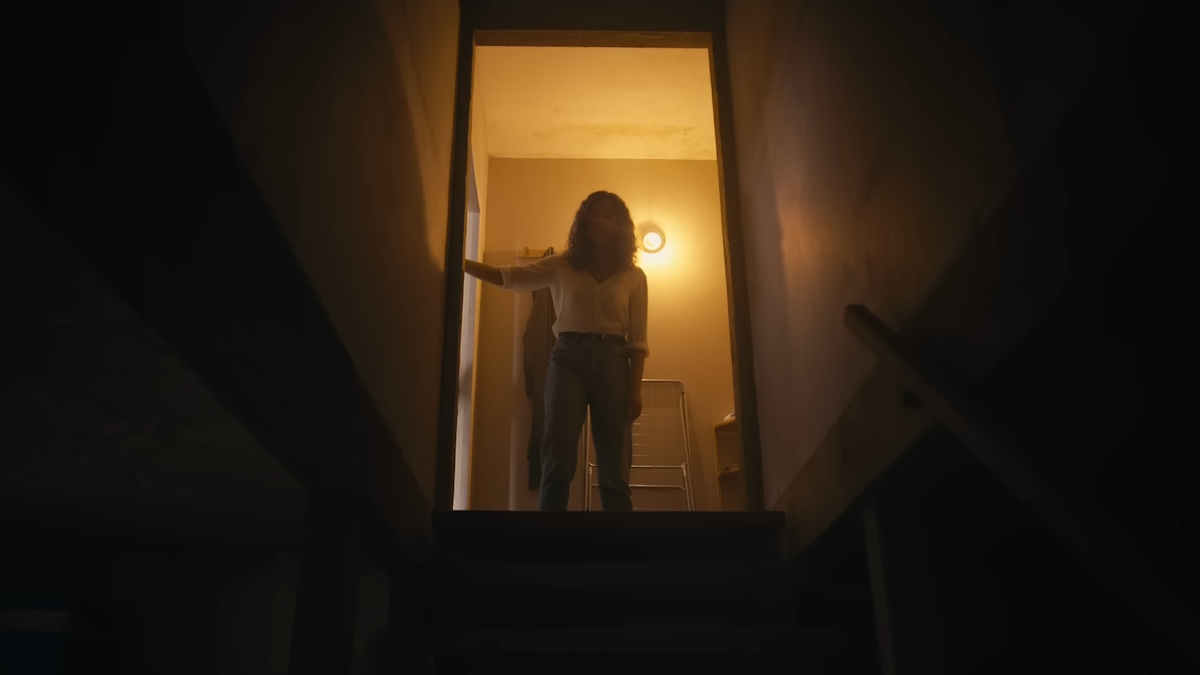
Emerging from the mind of sitcom and sketch comic star Zach Cregger, the 2022 cult hit horror-thriller Barbarian contains several different twists that it’s impossible for anyone to say they saw any of it coming. What begins as an uneasy but somewhat grounded thriller about sharing an AirBnB rental with a stranger (played by Bill Skarsgård, who exudes an air of mistrust eerily well) devolves into something far darker and inexplicably evil. By the end of Barbarian, you’ll be hard-pressed to hold in your lunch by the sheer horror of it all.
Bringing all the latest movie news, features, and reviews to your inbox
29. The Prestige (2006)
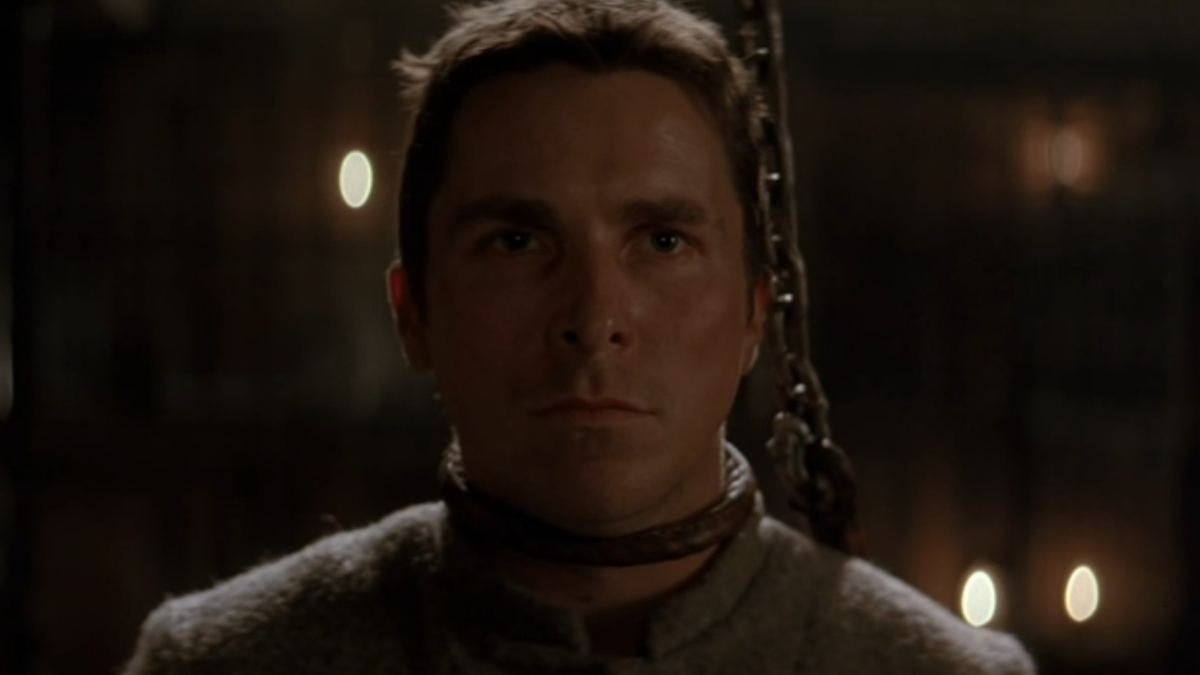
The genius about The Prestige and its “twist” ending is that Michael Caine (in the role of John Cutter, a stage engineer and experienced magician) outright says there’s a twist coming, right at the top. In Christopher Nolan’s searing psychological period drama, two rival stage magicians (Christian Bale and Hugh Jackman) enter an escalating battle of one-upmanship that reaches dangerous heights. By the end, audiences may be dizzy from parsing out what’s real and what’s an illusion. But they are surely left in awe as the film rolls up its sleeves to reveal its final trick.
28. Remember Me (2010)
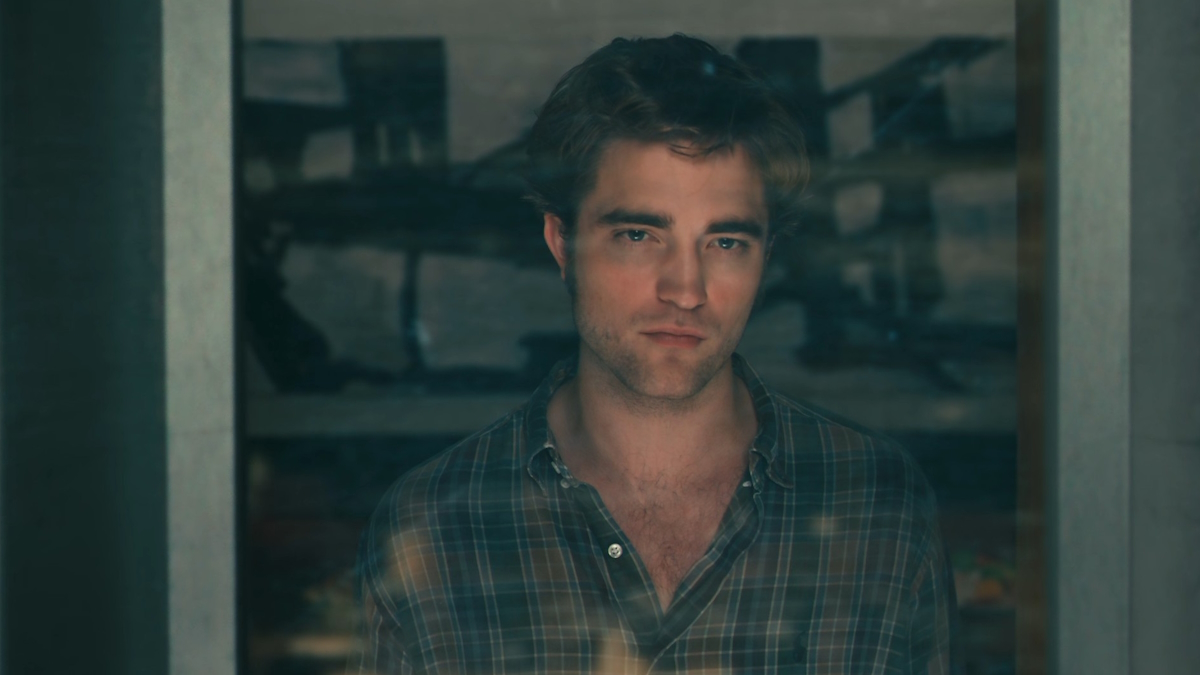
To be clear: Few people say they actually like the twist ending of Remember Me, a sappy romantic drama from 2010 starring Robert Pattinson and Emilie de Ravin. But the reveal is still so infamous to this day, it deserves recognition even if it’s painfully ironic. In this contemporary romance set in 21st century New York City, two young people (played by Pattinson and de Ravin) still hurting from family trauma fall in love. However, the twist, which borders on disrespectful to the point some find it hilarious, is that their romance ends in a true-life terrorist attack. While some fans argue that the tragedy was a shock and thus the movie’s sudden evocation of it is appropriate, others vehemently disagree on the basis of good taste.
27. The Conversation (1974)
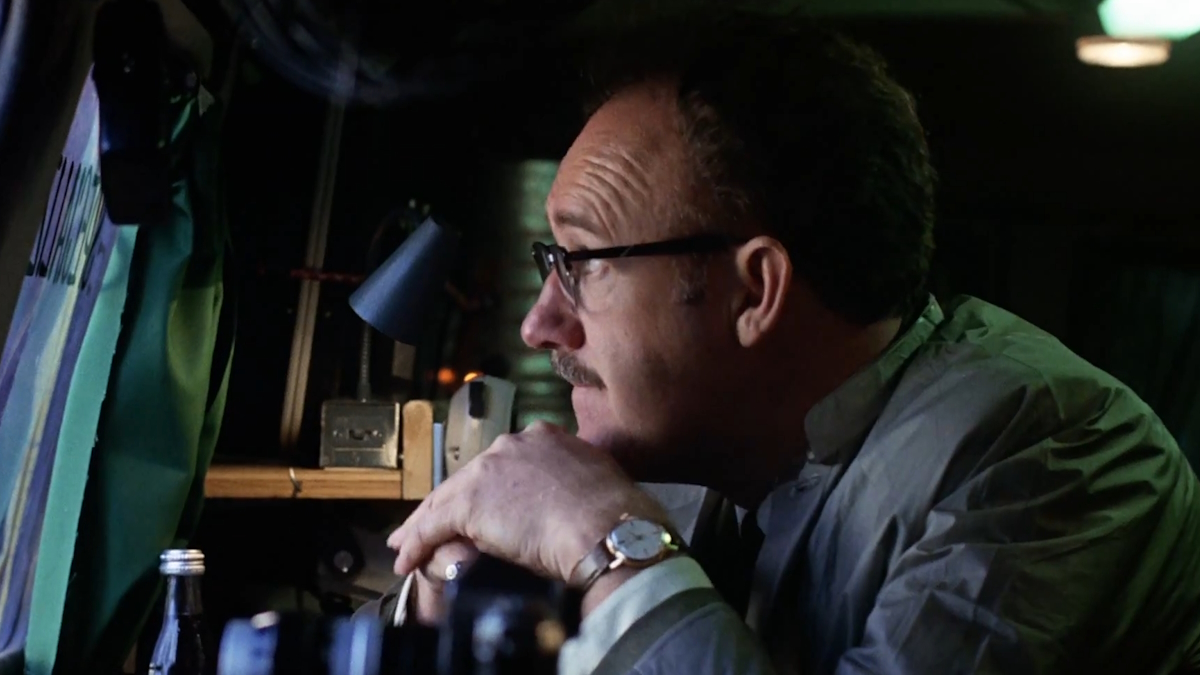
Just two years after Francis Ford Coppola unleashed his undisputed American classic, The Godfather, Coppola again asserted his master craftsmanship with The Conversation starring Gene Hackman. In this neo-noir thriller, a surveillance expert (Hackman) faces a serious dilemma when he believes the couple he’s hired to spy on believe they’re about to be murdered. The ending of The Conversation is nothing short of brilliant, with its meditation on the intrusive ways technology is seeping into our daily lives. There may be an absence of smartphones and social media in The Conversation, yet it's a movie that is strikingly relevant now more than ever.
26. Paranormal Activity 2 (2010)
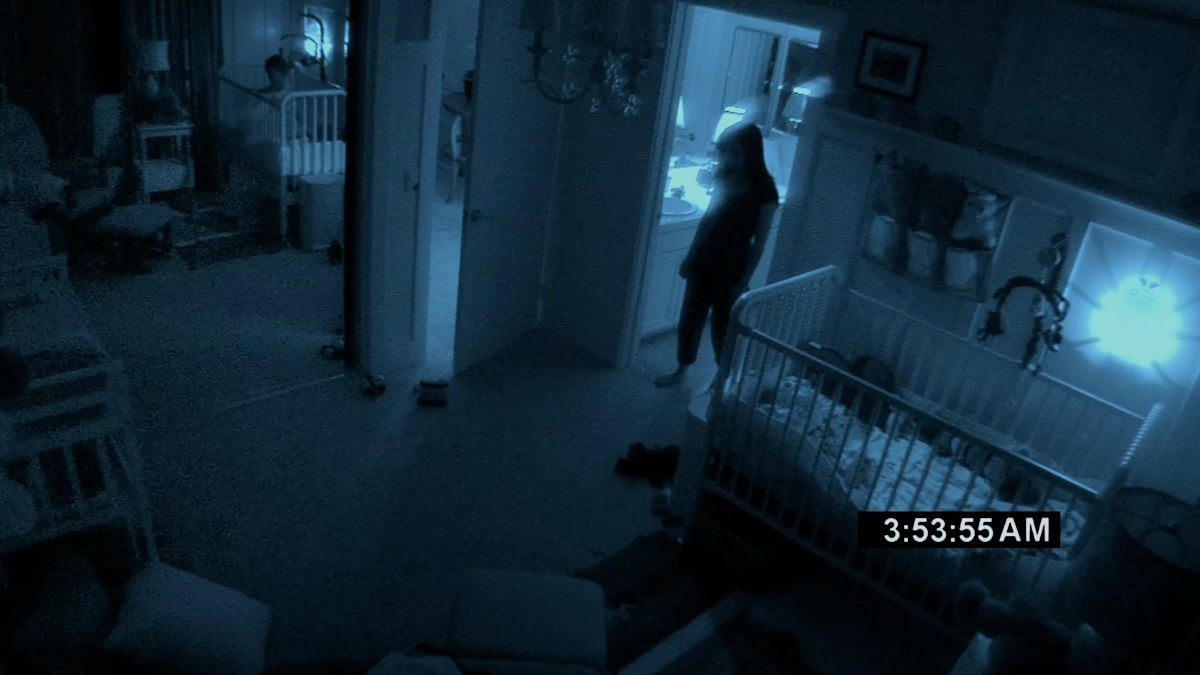
After the first Paranormal Activity blew up into a sensation in 2007, it was inevitable that a similar sequel would follow in its footsteps. What few moviegoers expected, however, was a prequel featuring deeper ties to the original movie’s characters. With Paranormal Activity 2, its “twist” ending reveals when it actually takes place and how it tragically connects to the possession and subsequent disappearance of Katie (Katie Featherston). With Paranormal Activity 2, fans didn’t just get more of the same, but an expansion of a new, terrifying universe.
25. High Plains Drifter (1973)
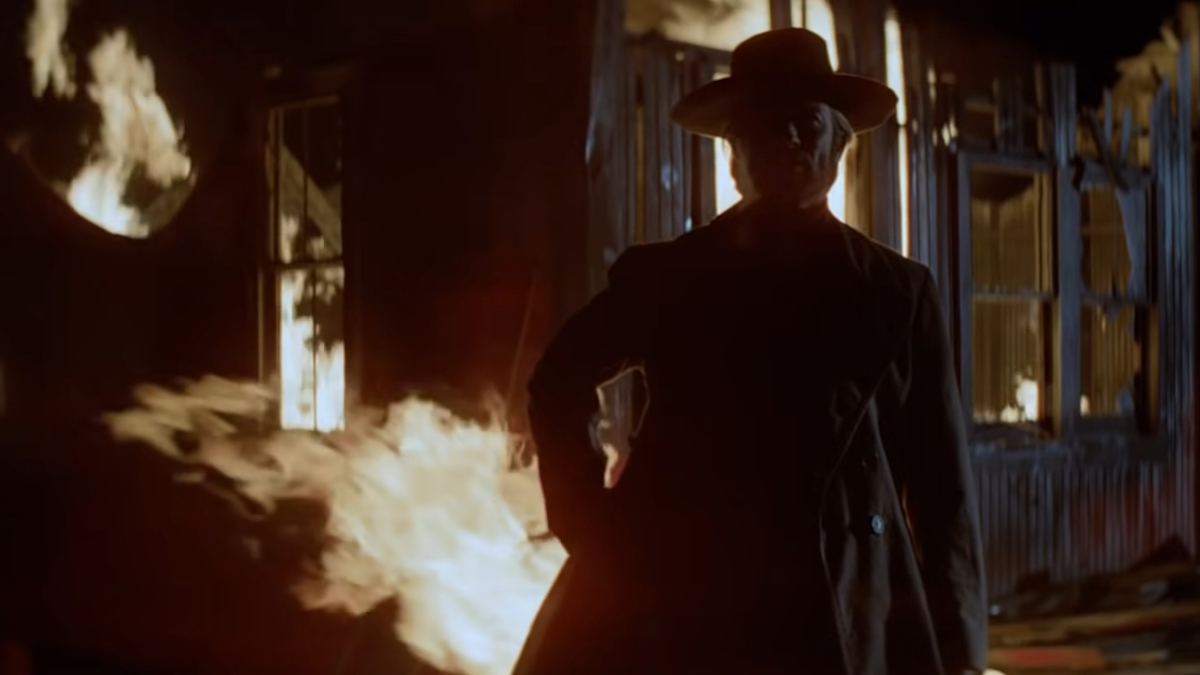
In his sophomore feature as a film director, Clint Eastwood channels the eerie atmosphere of ghost stories in the dark Western shoot-’em-up High Plains Drifter. After a nameless gunslinger (Eastwood) wanders into a frontier town whose people hide a secret, the townsfolk plead with the gunslinger to protect them from vengeful outlaws. In the end, justice is delivered - but at what cost? The movie’s closing image suggests that spirits stay restless until graves are finally marked, and that even when justice is served, it’s not always on behalf of those deserving.
24. The Invitation (2015)
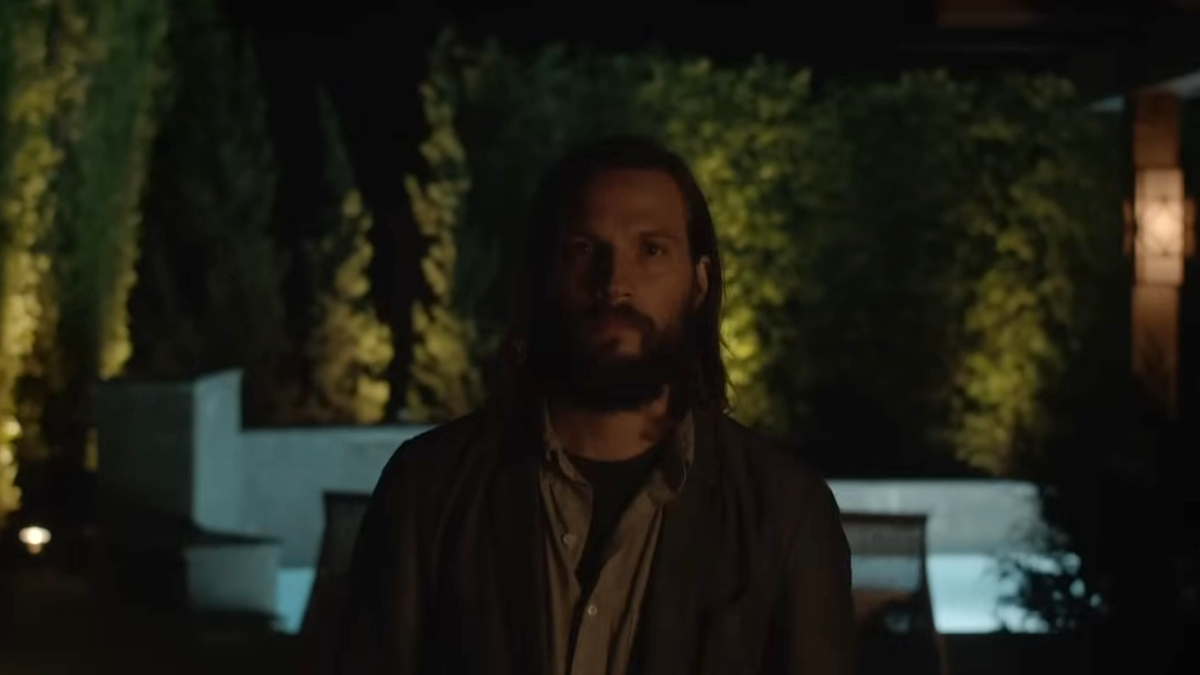
In Karyn Kusama’s razor-sharp thriller about torturous social interactions and the gaping maws of vampiric Los Angeles lifestyles, a man (Logan-Marshall Green) still mourns the death of his son when he endures a party hosted by his ex-wife (Tammy Blanchard) and her new husband (Michiel Huisman). At the party, a strange guest (John Carrol Lynch) slowly introduces the party to new age principles - one might call it a cult - that slowly, and quite literally, kills the vibe. It’s in The Invitation’s closing shot where the power of Kusama’s twist ending is really felt.
23. Eternal Sunshine of the Spotless Mind (2004)
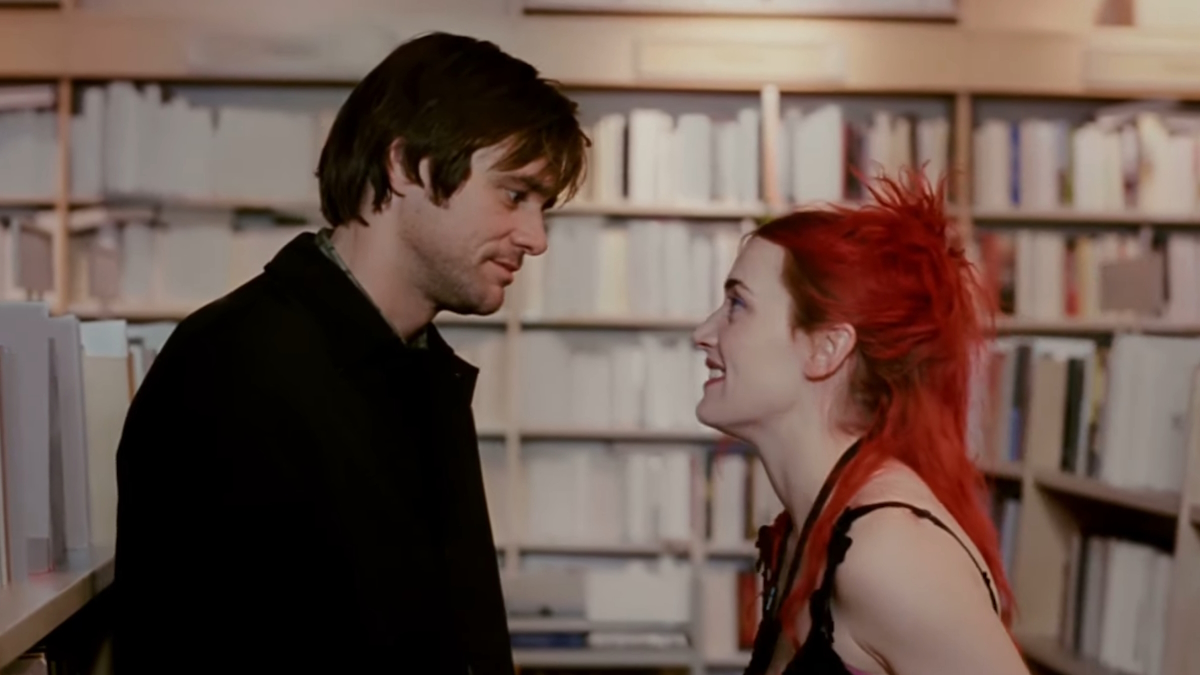
It’s not so much a twist ending than it is a satisfying conclusion that impressively betrays its own premise. In Michel Gondry’s early-aughts classic, bookish introvert Joel (Jim Carrey) submits himself to a breakthrough new procedure that erases all memories of his ex-lover Clementine (Kate Winslet). But deep in the process, Joel finds how important Clementine is to him - and more importantly, the memories they shared. In the end, Joel and Clementine are strangers only vaguely aware of the pain they’ve caused each other. But their willingness to try again anyway, despite all the events that precede this moment, is the movie testifying how important all our experiences are, even if we ultimately regret them.
22. The Village (2004)
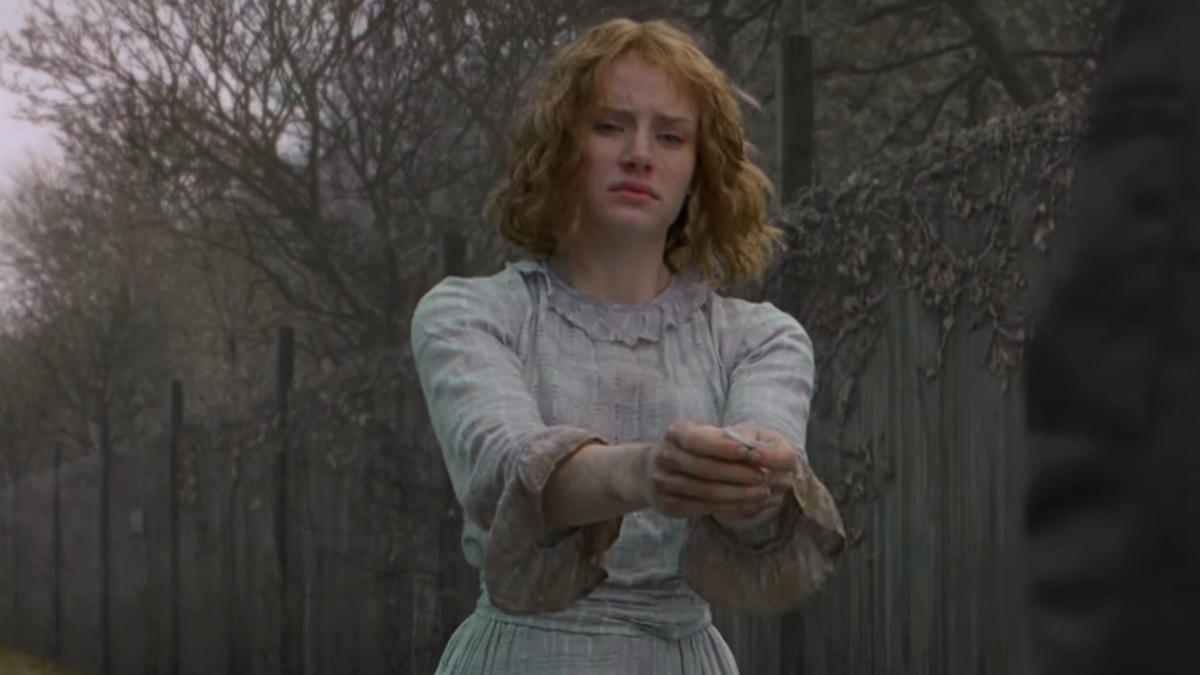
M. Night Shyamalan is known even by the most casual of moviegoers for his many plot twists. That doesn’t mean his brand of storytelling still isn’t effective. Such is the case with his creepy 2004 thriller The Village. Set in what appears to be the 19th century, a small village in Pennsylvania lives in eternal fear of creatures who live beyond the woods that encircle them. In true Shyamalan fashion, the twist of The Village is divisive; fans say it’s ingenious and pointed, detractors say it’s Shyamalan mining cheap thrills. But being a story about festering paranoia that takes root within isolated rural communities, no one can deny it isn’t insightful.
21. Parasite (2019)
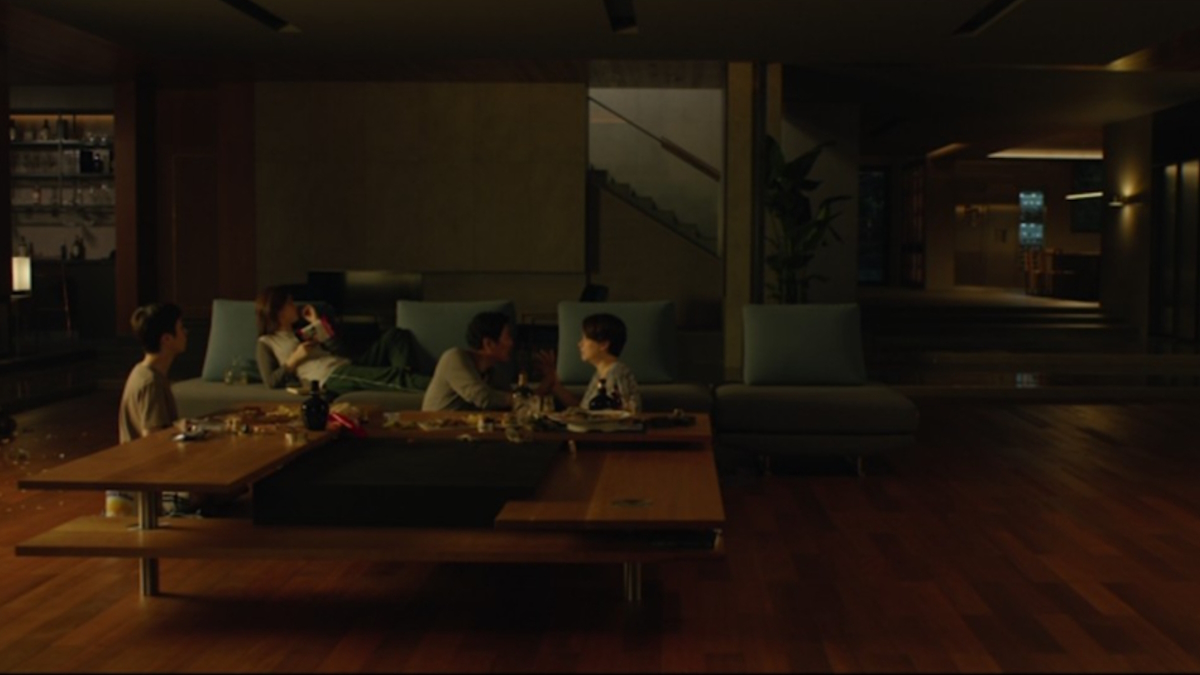
It technically doesn’t count as a twist ending, but the mid-story twist in Bong Joon-ho’s Parasite is so unforgettable, it’s also become a meme. In the Korean-language Oscar winner for Best Picture, a family living in poverty conspire to embed themselves in the daily lives of a far wealthier family. But just when they’re sitting pretty in the lap of luxury, an unexpected returning visitor (Lee Jung-eun) threatens to undo everything. Parasite captivated audiences worldwide for a reason. Besides its resonant themes about income inequality, its propulsive storytelling with unexpected sharp swerves is largely why.
20. Chinatown (1974)
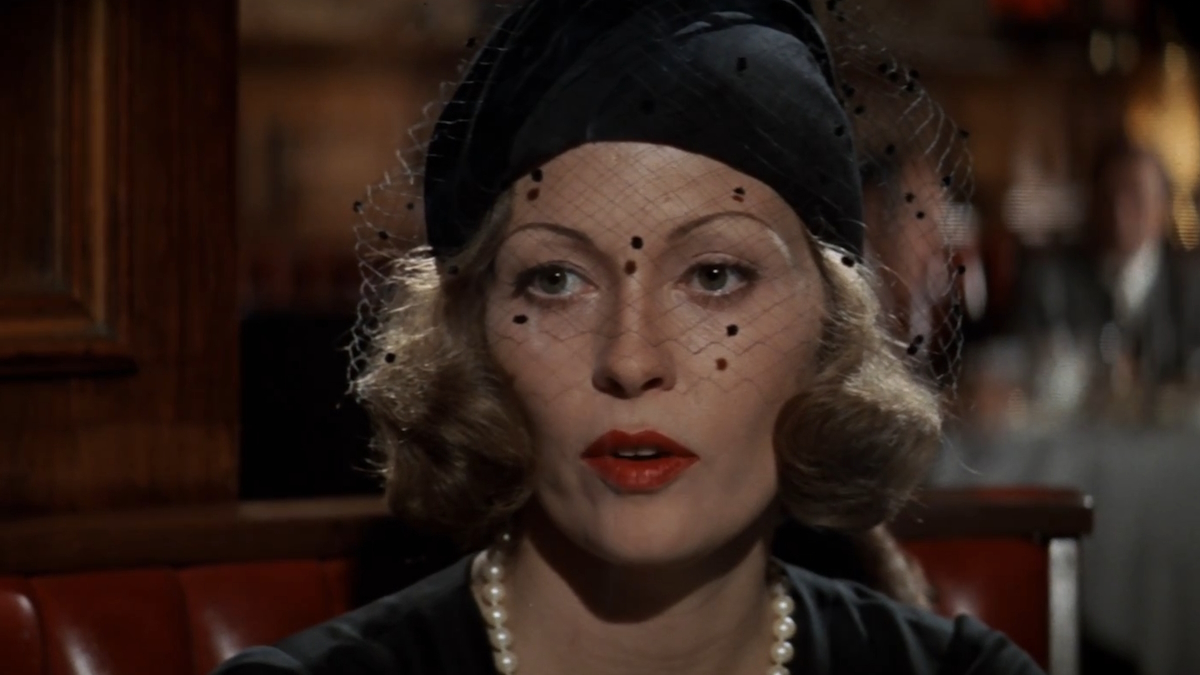
You can tell someone to “Forget it, it’s Chinatown,” but truly no one ever forgets this noir classic from Roman Polanski. In Chinatown, Jack Nicholson stars as a private investigator whose latest case somehow brings him into the heart of a conspiracy involving California real estate and the water supply. But where the real shocking twist occurs is late in the movie, where Faye Dunaway reveals the true identity of her daughter and her father. The reveal is sickening, rendering the movie’s ending of brutal death and evil standing victorious isn’t shocking as it is numbing.
19. Mulholland Drive (2001)
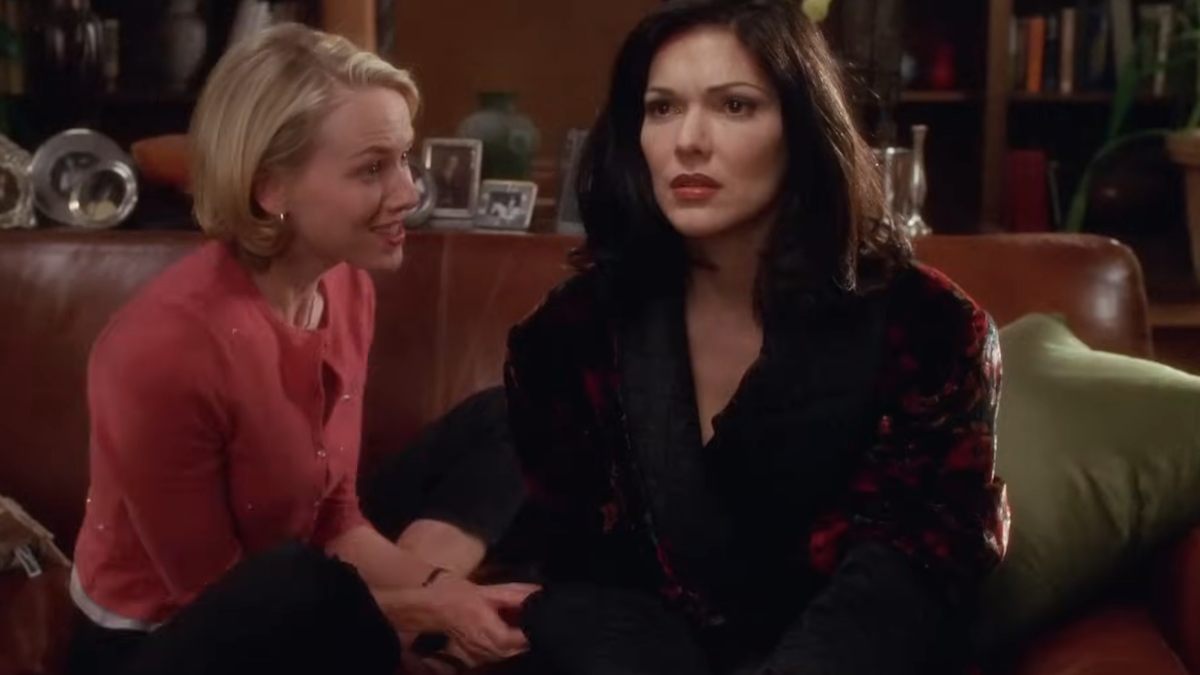
In David Lynch’s surrealist mystery classic, Hollywood dreams are proven to be as much a fabrication as flashing images on a screen. Naomi Watts stars as an aspiring actress who arrives in Hollywood and meets an amnesiac woman (played by Laura Harring), with whom she becomes lovers. But as the movie unfolds, all is not what it seems. The events of the movie’s first two hours are but a figment of one character’s imagination to mask a far bleaker reality. While David Lynch’s movies are notoriously impenetrable, Mulholland Drive isn’t indecipherable. It simply takes true dreamers to know how to vibe with it.
18. Arrival (2016)
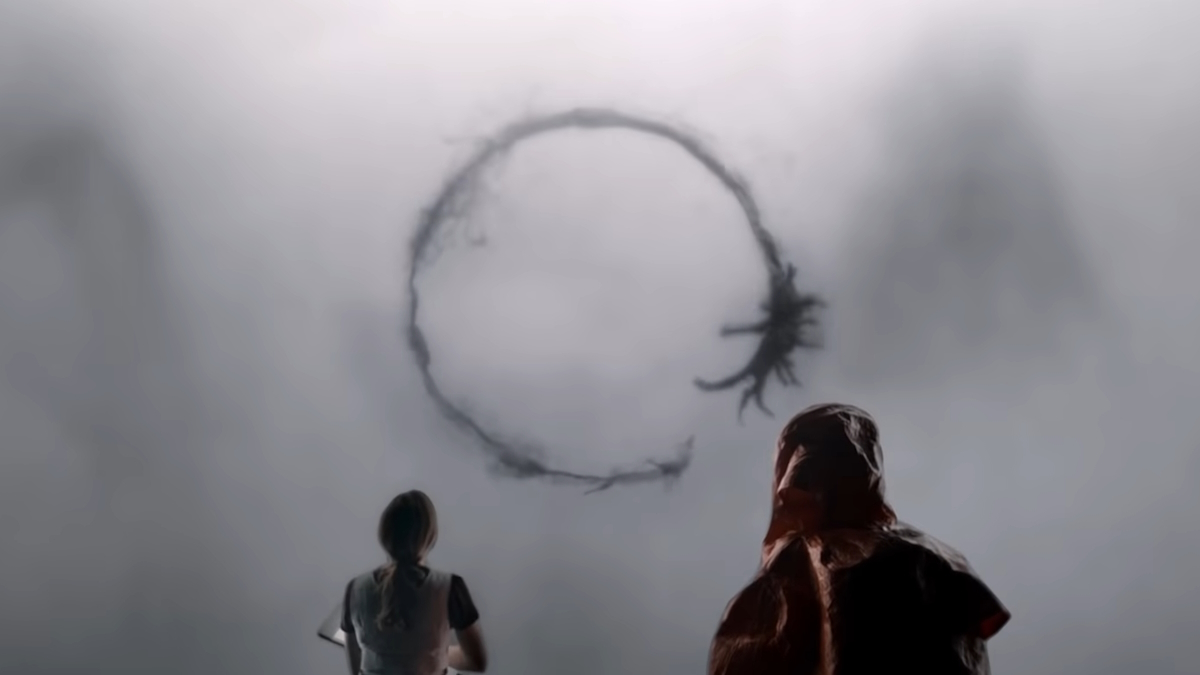
Before embarking on his epic Dune duology (not to mention the modern classic that is Blade Runner 2049), Denis Villeneuve proved his mettle as a sci-fi visionary with his emotional 2016 epic Arrival. Amy Adams stars as a professor of linguistics who is recruited by the U.S. military to establish communication with alien entities. While the movie leads us to believe that we meet Adams’ character in the aftermath of her personal grief, we instead find that some stories, including hers, aren’t linear. In the end, Arrival posits that a lifetime of memories - both the pleasurable and the painful - are all worth their weight regardless of how the stories actually end.
17. The Game (1997)
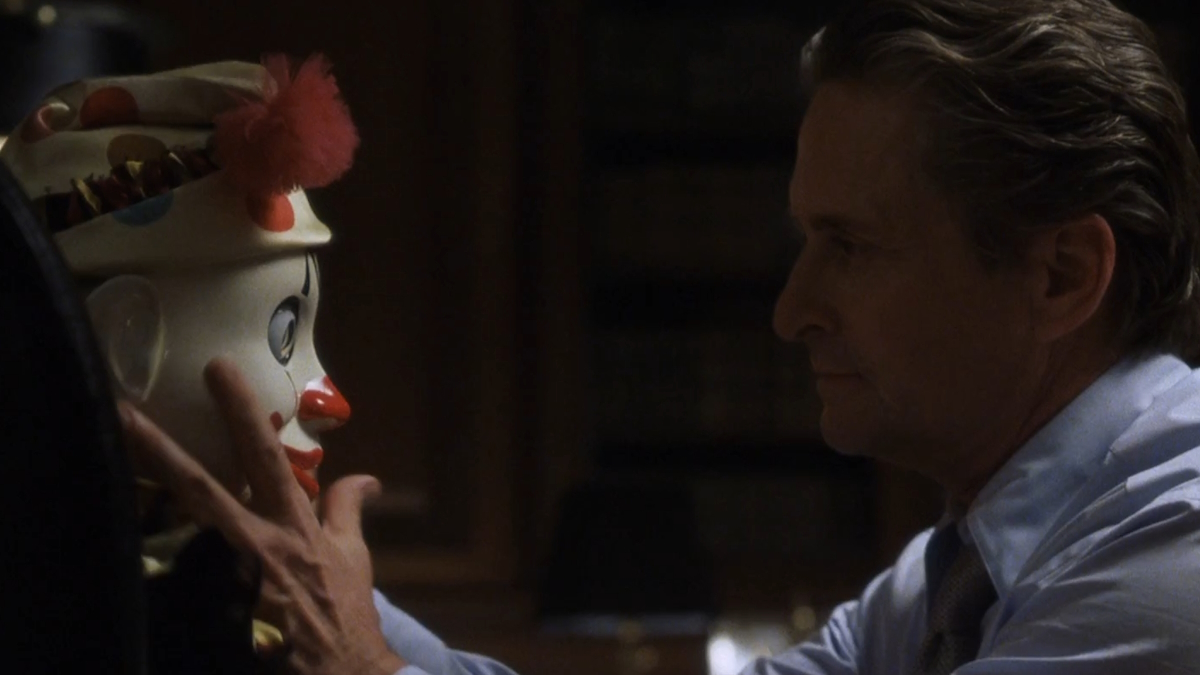
David Fincher plays with his audience with his 1997 psychological thriller The Game. Michael Douglas stars as wealthy banker Nick Van Orton who, on his birthday, is given an especially strange “gift”: an immersive challenge of mystery and conspiracy that involves virtually all aspects of his life, all in the name of interrogating his quality as a person. While the rest of us would rather play something less intense, like maybe Dungeons & Dragons, Fincher’s movie is clever as it is conniving, proving that some games are best played deadly serious.
16. The Mist (2007)
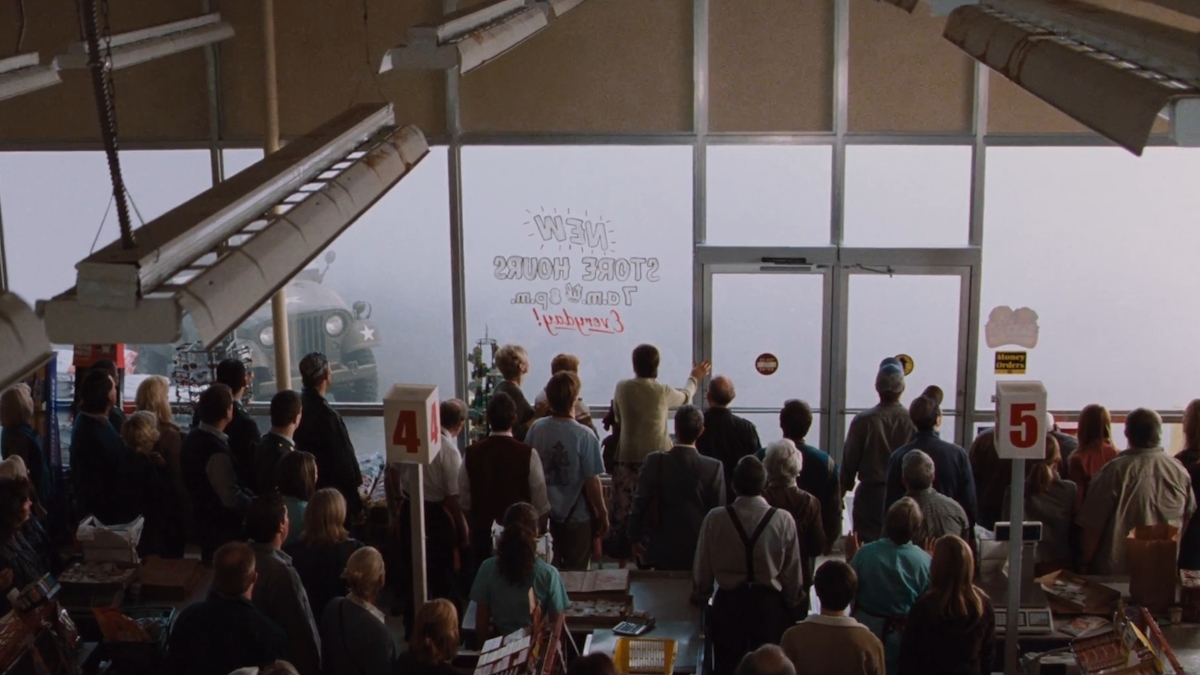
It is maybe, just maybe, the best Stephen King movie adaptation of all time. Helmed by Frank Darabont and based on King’s 1980 novella, The Mist tells of ordinary people in a Maine supermarket who find themselves surrounded by a strange fog - and terrifying monsters lurking in them - that completely envelops the town. The ending in Darabont’s film version differs from Stephen King’s novella, which King himself praised as “so anti-Hollywood” and “nihilistic” in a retrospective 2017 interview with Yahoo! Entertainment.
15. Malignant (2021)
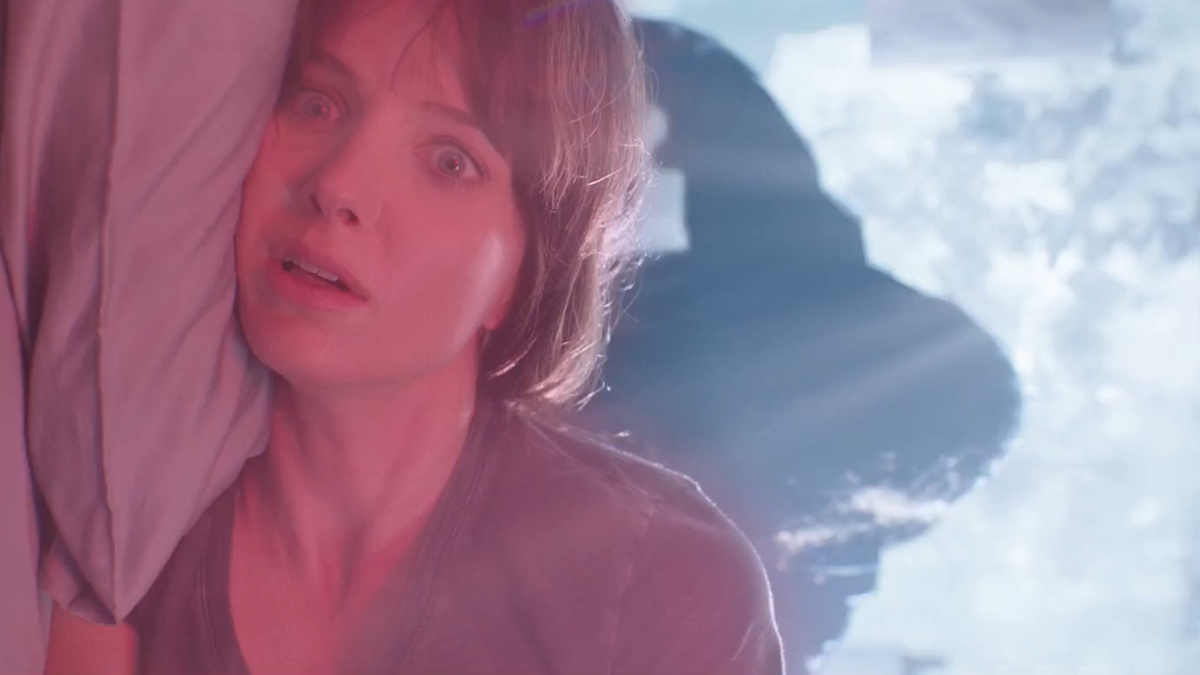
It’s one of the most aggressive plot twists of all time, bordering on hysterical absurdity if it wasn’t also so terrifying. In James Wan’s 2021 horror classic Malignant, a pregnant woman named Madison (Annabelle Wallis) finds herself haunted by violent nightmares that feel a little too real, as well as constant bleeding from the back of her skull. Soon enough, everything about all that ails Madison is explained. But when the explanations also defy reason, that’s when you know you’re dealing with a movie unlike any other.
14. Us (2019)
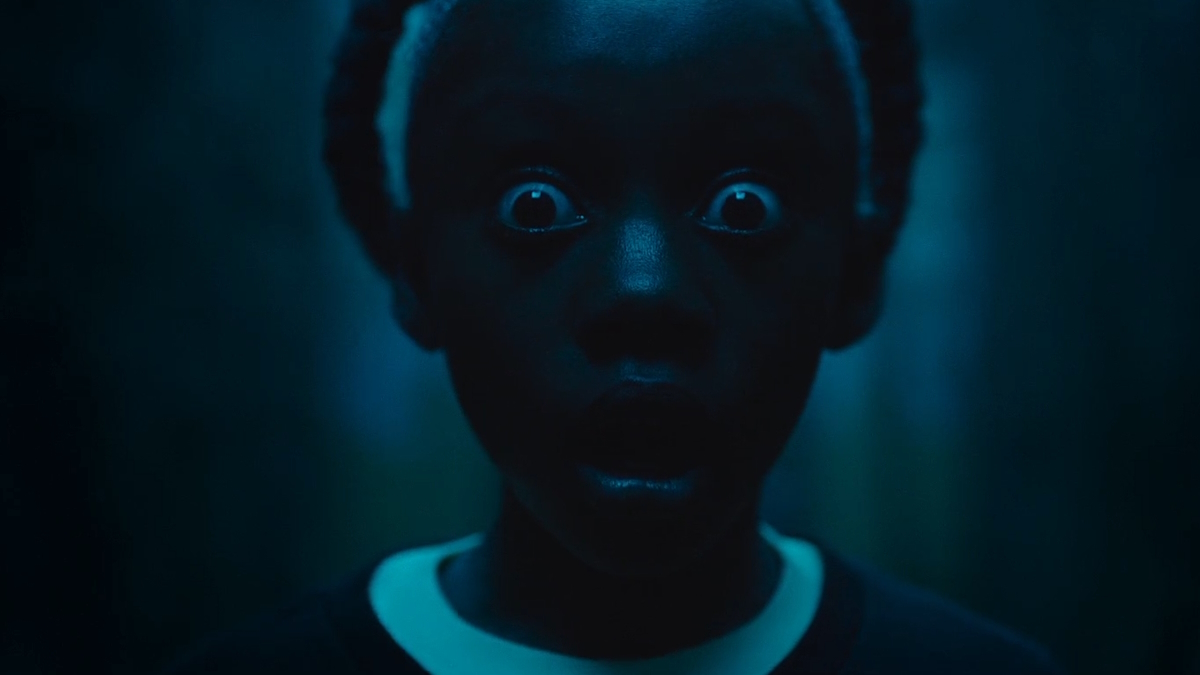
In Jordan Peele’s acclaimed sophomore horror movie Us, the ancient horror of doppelgangers gets a modern spin in a picture replete with intentionally repetitious symbols. But no good horror-thriller is complete with a plot twist; in this case, it’s the reveal of which version of Addie (played as an adult by Lupita Nyong'o) got to grow up in the outside world, and which was forced to live underground. The twist is a terrifying one to consider, in that we are sometimes never really sure of the people even closest to ourselves.
13. Ex Machina (2014)

Without giving too much away, the “twist” of Ex Machina isn’t about the concealed nature of identities, realities, or time, as it is in so many other films. Rather, it’s about motives. In Alex Garland’s celebrated sci-fi thriller, a lowly programmer (Domnhall Gleeson) is invited to spend a week with his company’s elusive CEO, Nathan Bateman (Oscar Isaac). There, he meets a beautiful, cutting-edge A.I. named Ava (Alicia Vikander). While the two grow close as Nathan reveals himself to be a lethal narcissist, the movie ends with a stunning twist regarding the true intentions of those you thought were allied with you. Even machines have thoughts and feelings of their own, and Ex Machina is a warning to not trust anyone - or anything.
12. The Ring (2002)
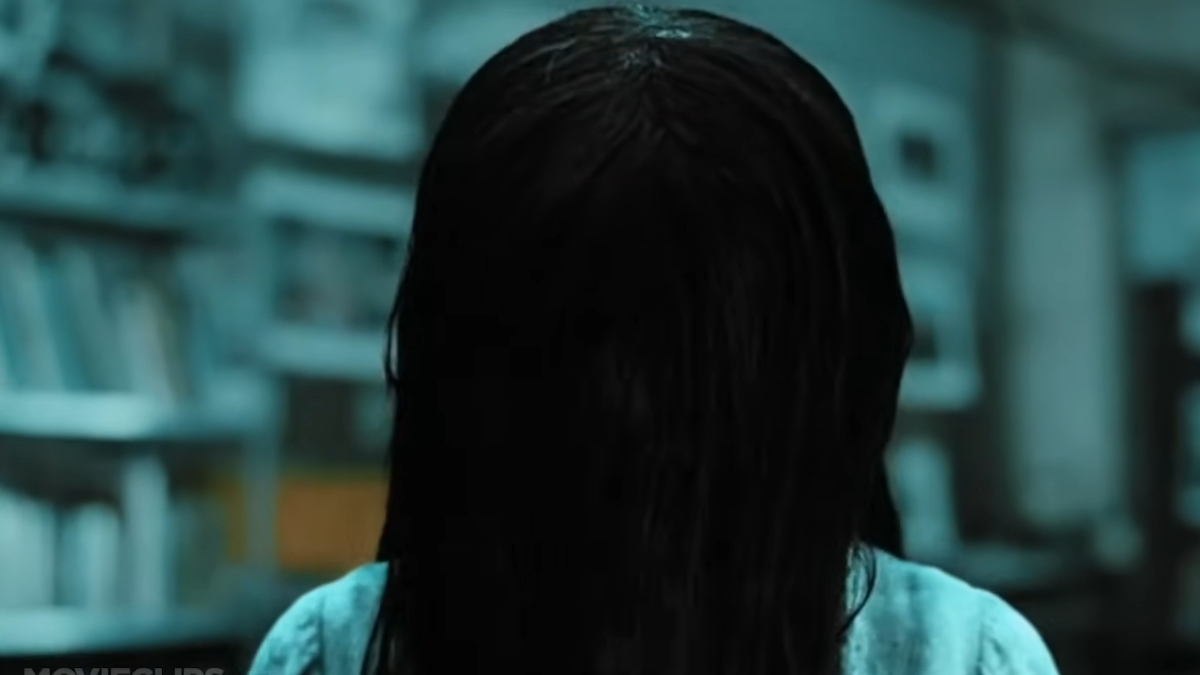
Although Gore Verbinski more or less followed the same beats as his Japanese predecessor Hideo Nakata (director of the original 1998 J-horror Ringu) it doesn’t stop his movie from hitting hard. In The Ring, a cursed video tape containing the vengeful ghost of a young girl, Samara (Daveigh Chase) spreads as an urban legend; viewers have seven days to make someone else watch the video, or else Samara comes after them. While the protagonists believe they’ve spared themselves from Samara’s wrath, there’s one important character who realizes too little, too late that they haven’t escaped Samara’s line of sight at all. Let The Ring be a warning to always remember the finer details.
11. Atonement (2007)
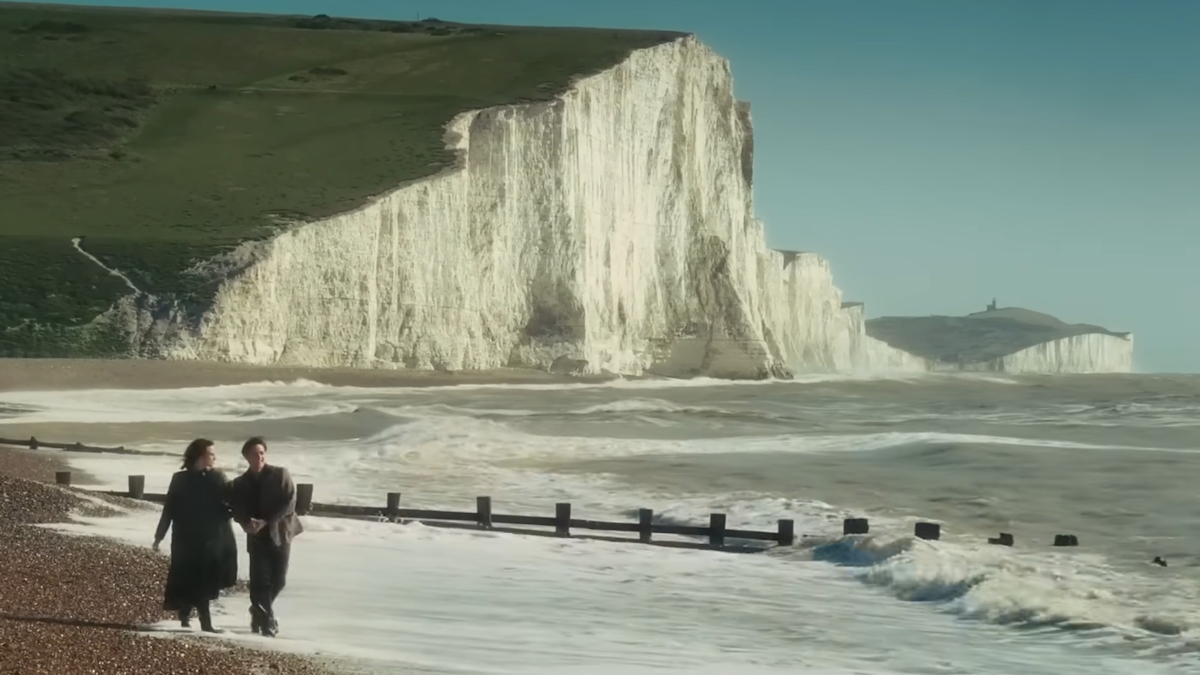
In Joe Wright’s romantic war drama (an adaptation from Ian McEwan’s 2001 novel), James McAvoy and Keira Knightley co-star as young lovers, Robbie and Cecilia respectively, whose lives in 1935 coincide with the violence of World War II. But the source of the title Atonement comes from Cecilia’s sister Briony (played by Saoirse Ronan as a child, and Vanessa Redgrave as an adult), whose jealousy towards her sister leads her to interfere with their romance. Without spoiling the whole heartbreaking thing, Briony is atoning for an act of selfishness on her part, and the beautiful love story that’s being told is part of her own futile effort to seek forgiveness.
10. Fight Club (1999)
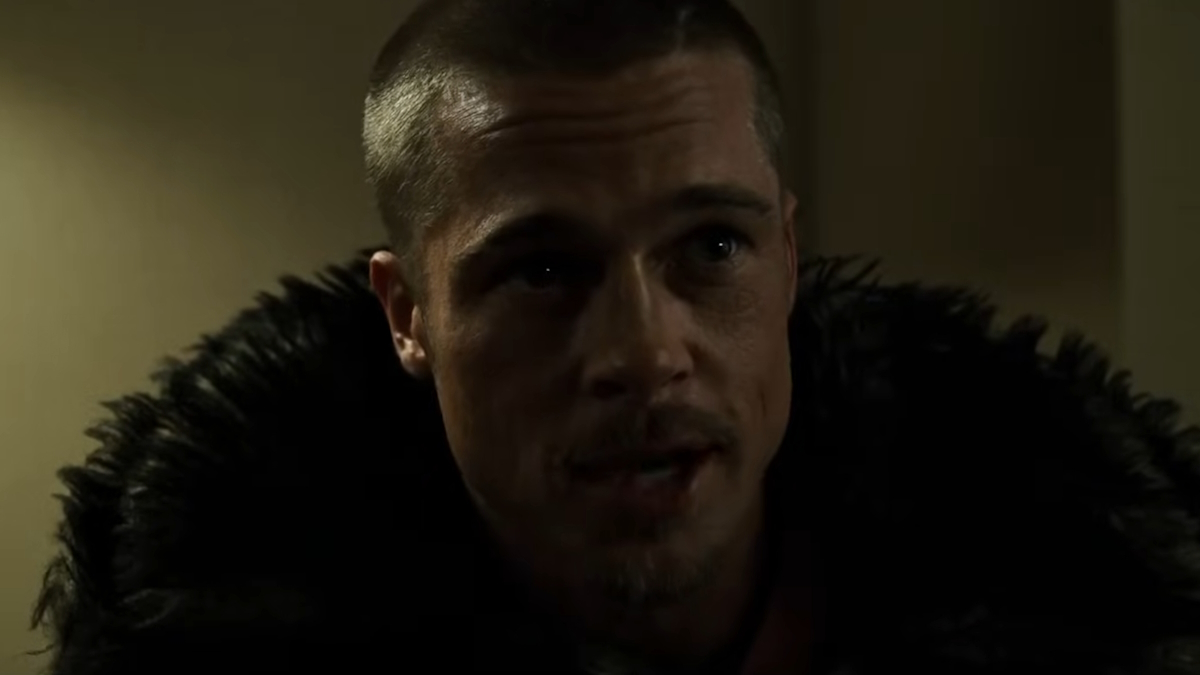
Decades after its release, David Fincher’s Fight Club is still remembered for its stunning (and earned) twist ending. In Fincher’s adaptation of Chuck Palahniuk’s 1996 novel, an aimless office drone (Edward Norton) strikes up a sudden friendship with a charismatic and handsome stranger named Tyler Durden (Brad Pitt). The two start a “fight club” that invites men a way to blow off steam and their aggression towards the modern world, only for it to spiral into an activist movement. Most people already know the story twist of Fight Club as much as they know that Darth Vader is Luke Skywalker’s father (oops, did we spoil that too?), it’s still impressive to revisit Fight Club and see the breadcrumbs Fincher leaves in the build-up to his grand reveal.
9. All of Us Strangers (2023)
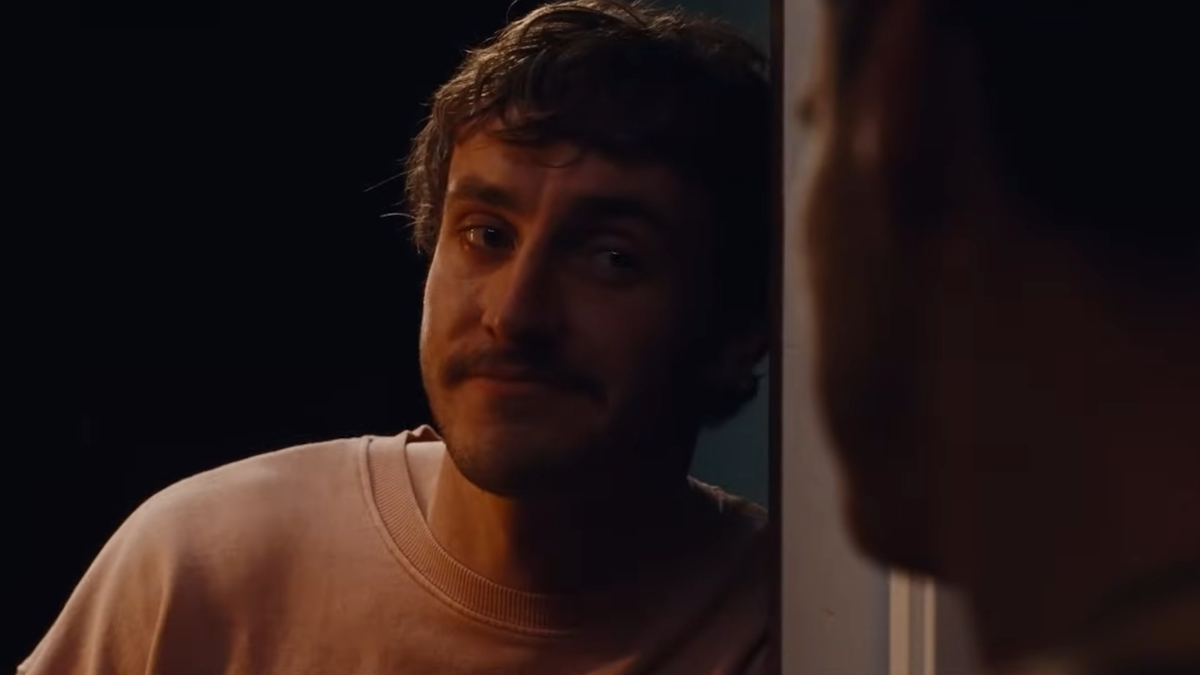
In this heart-wrenching romantic fantasy from Andrew Haigh (based on the novel Strangers by Taichi Yamada), Andrew Scott plays Adam, a writer in London who is stunned to find that his childhood home is still inhabited by his dead parents, who seem as alive as they were before their fatal car accident. Meanwhile, he embarks on a relationship with a hot stud of a neighbor, Harry (Paul Mescal). While there is no big twist concerning Adam’s parents - they are unambiguously dead - the real stunner is learning more about Harry. In the end, Haigh’s movie is about how, in our quest for inner peace, we lose ourselves to fantasies that can feel so real.
8. Shutter Island (2010)
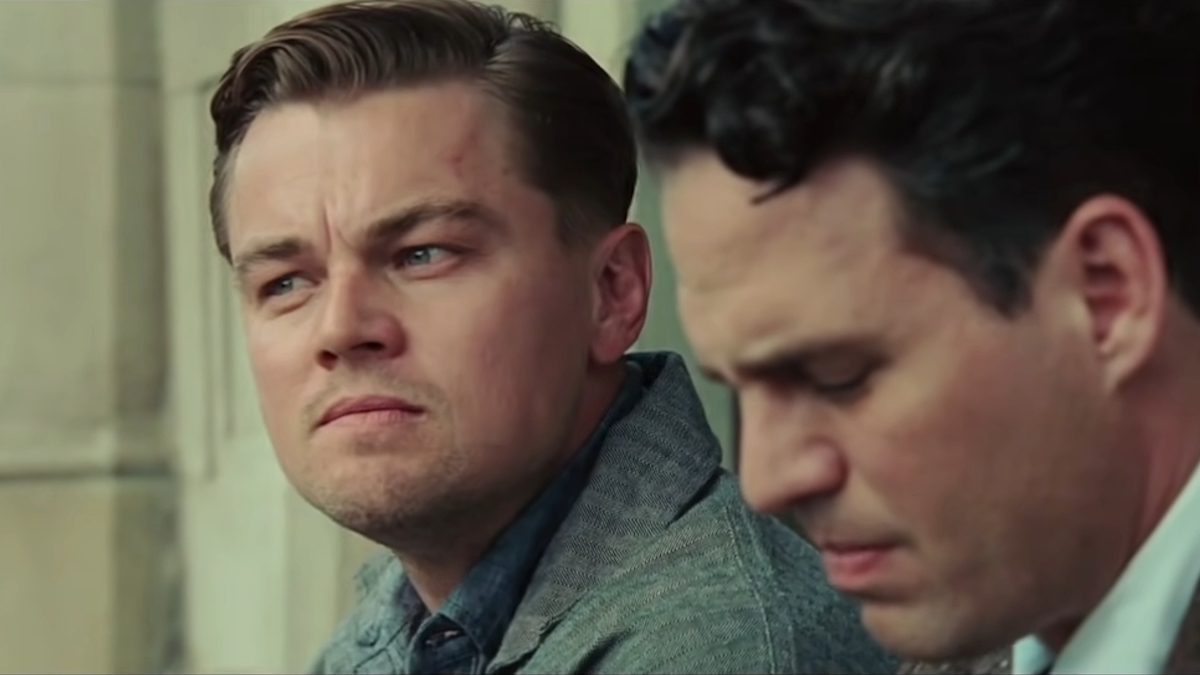
Even in his large body of work, Martin Scorsese doesn’t normally engage in twist endings. But in 2010, the master filmmaker broke tradition with Shutter Island, his film version of Dennis Lehane’s 2003 novel. Leonardo DiCaprio stars as a U.S. Marshal who ventures to a mental institution in Boston to conduct a missing persons investigation. The movie more or less adheres to the book’s own shock ending, which reveals the actual reason why DiCaprio’s character is at a mental institution and how the disappeared person is related to them. Shutter Island is one of Scorsese’s most riveting movies, powered by both the director’s undisputed talent and the story’s exploration of delusions and the real nature of sanity.
7. Unbreakable (2000)
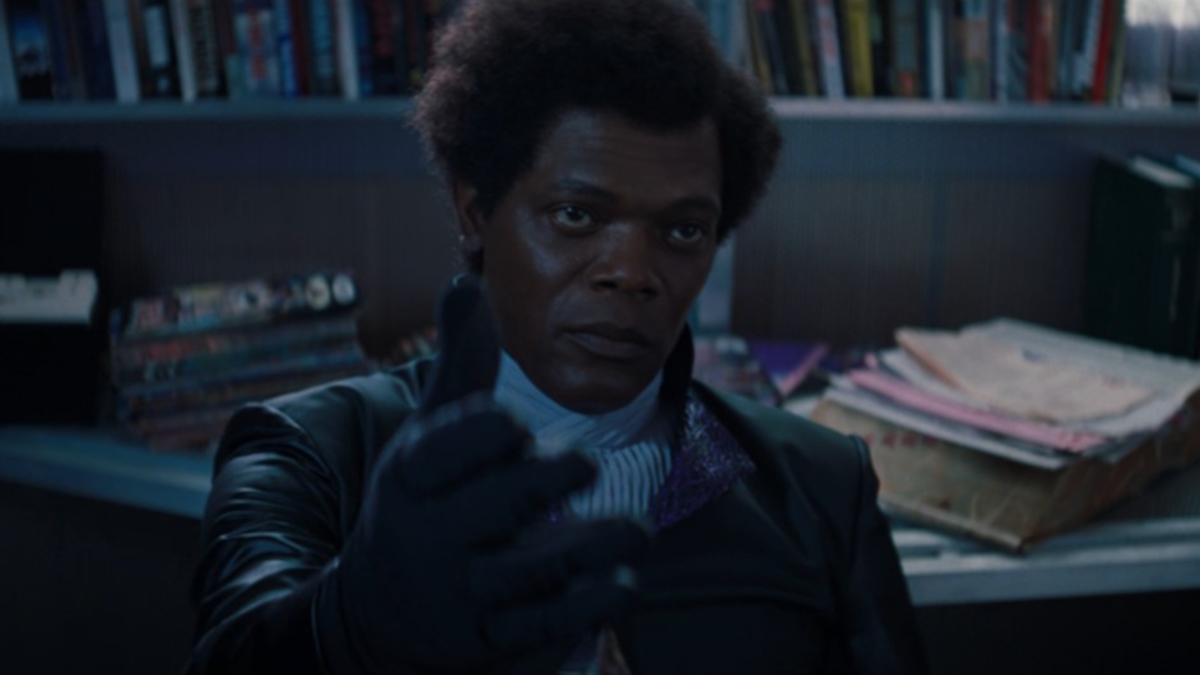
Before superhero movies became the dominant cinema genre of the 21st century, M. Night Shyamalan’s cerebral thriller Unbreakable probed comic book conventions with a septic needle. Several years after Bruce Willis and Samuel L. Jackson co-starred in Die Hard with a Vengeance, they reunite in Shyamalan’s thriller about a family man, David Dunn (Willis) who discovers incredible powers, and submits to the guidance of an enigmatic comic book expert (Jackson). In the end, however, David learns that fate has a funny way of finding people - and that all superheroes need a supervillain, or else their stories mean nothing.
6. Donnie Darko (2001)
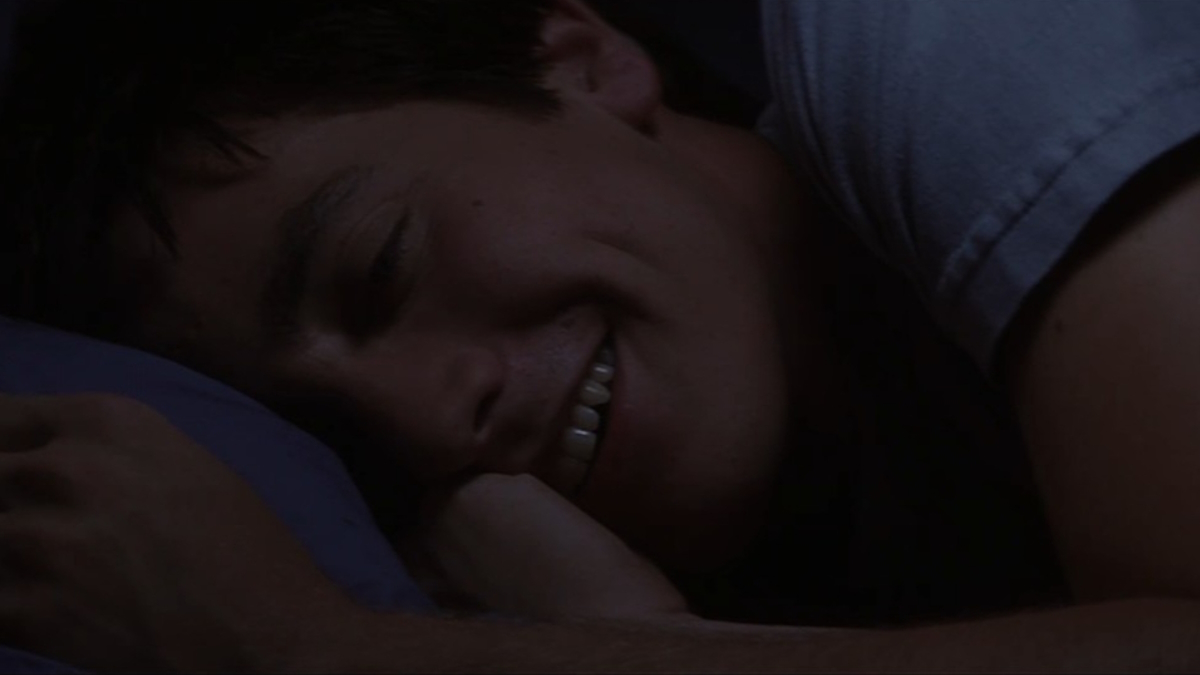
In Richard Kelly’s seminal portrait of suburban teenage angst, aloof teenager Donnie Darko (Jake Gyllenhaal) is haunted by strange visions, including a specter dressed in a creepy rabbit costume. Ultimately, what Donnie is seeing is his near future - a future that ends in death and destruction. It’s only by going back to the beginning of the story that Donnie can save everyone, if only at the cost of himself. While ostensibly a dark psychological drama, Donnie Darko keeps a toe dipped in supernatural waters to enable its twist ending to not just mean something, but for it to even happen at all.
5. The Usual Suspects (1995)
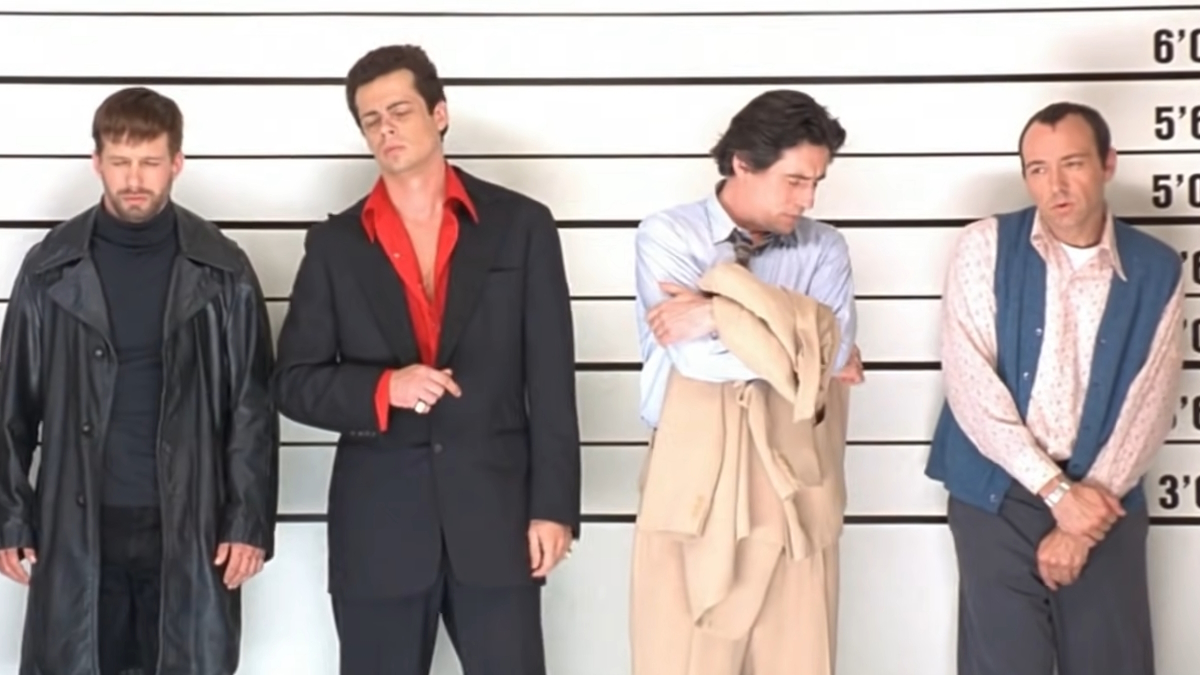
Before he helmed the X-Men film franchise, director Bryan Singer unleashed his masculine ‘90s crime thriller The Usual Suspects. Told largely in flashback, its story involves an eyewitness detailing how a criminal mastermind, an elusive figure named Keyser Söze, convinced five other criminals to carry out a fatal heist. The twist ending of The Usual Suspects is not only good old Hollywood filmmaking at its finest, but popularized “Keyser Söze” as a new slang term for calculating, omnipresent menaces.
4. The Sixth Sense (1999)
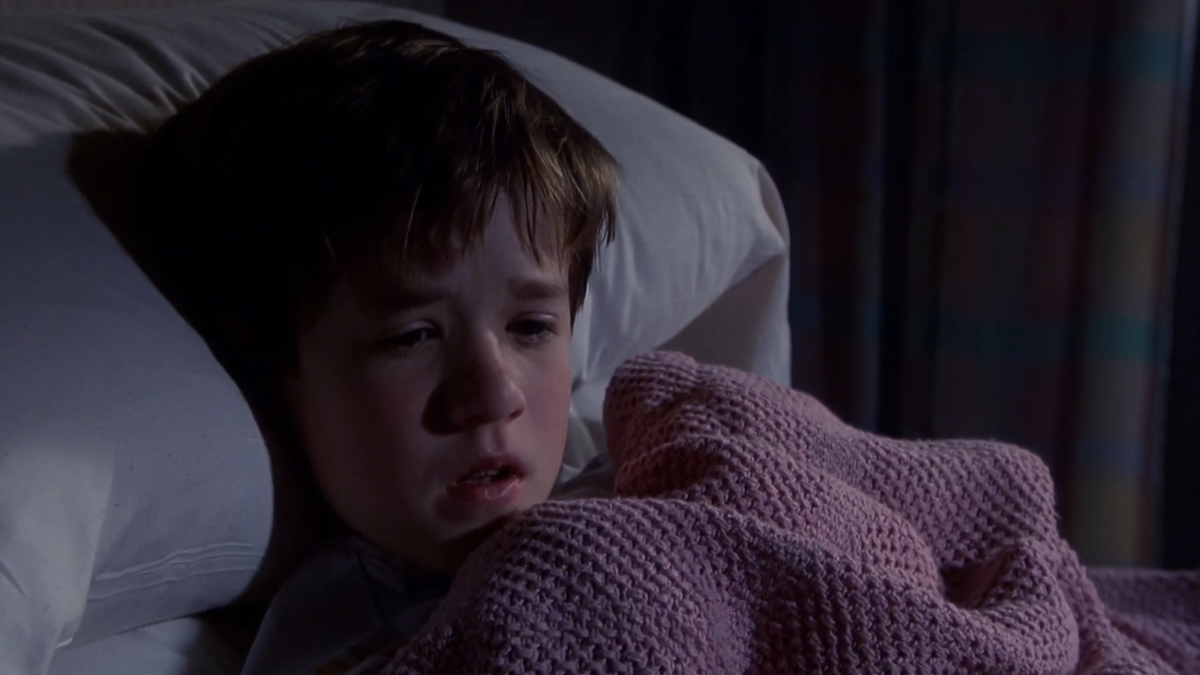
M. Night Shyamalan’s third feature film became his Hollywood calling card, being a dark thriller with a jaw-dropping, unforgettable twist that quickly defined his artistic identity. In The Sixth Sense, Bruce Willis stars as a child psychologist whose patient Cole Sear (Haley Joel Osment) claims to have contact with the dead, as told by the infamous and oft-quoted line “I see dead people.” But Cole Sear (get it?) isn’t lying, and it’s who Cole tells that line to that says everything about where Shyamalan’s movie is taking its audience.
3. Psycho (1960)
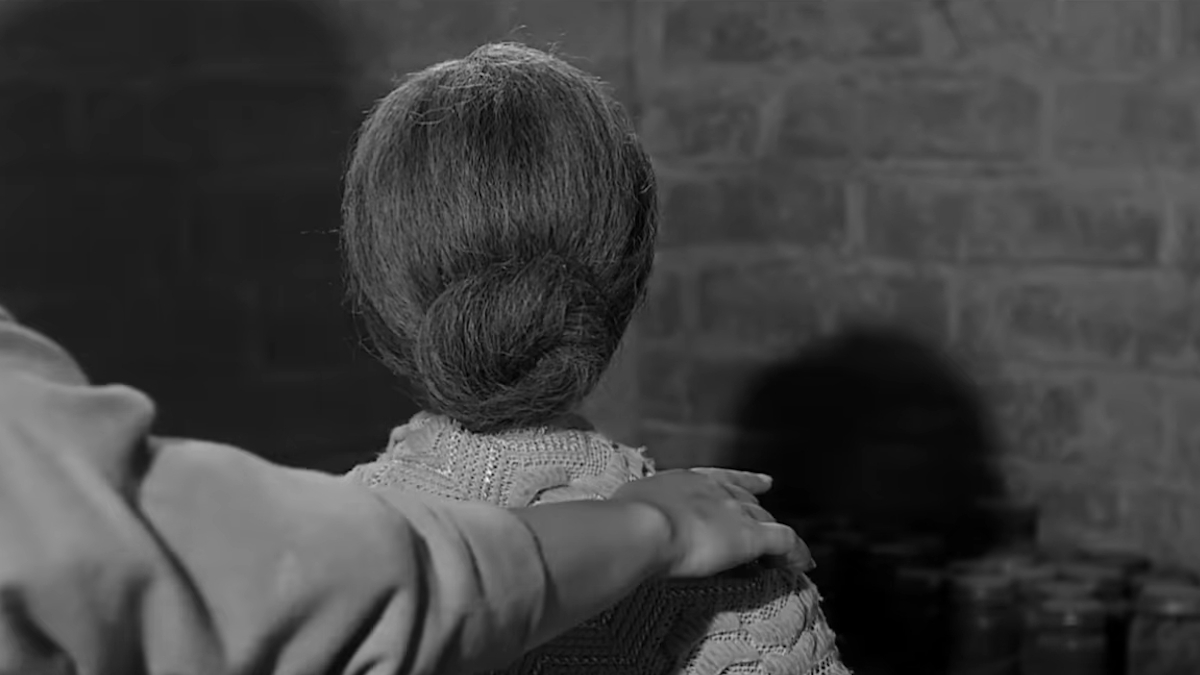
Alfred Hitchcock didn’t just scare audiences with Psycho, he outright traumatized them. In his towering horror-thriller, a beautiful on-the-run criminal (played by Marion Crane) takes shelter at a podunk motel owned and operated by shy Norman Bates (Anthony Perkins). After a fateful encounter, the movie’s plot changes entirely - in an actual, textbook example of a “plot twist” - only to end in a way that is both frightening and iconic. Psycho is easily one of the most influential movies of all time, and everything, including up to the moment it ends, is a prime example of a master storyteller known for misdirection at work.
2. Oldboy (2003)
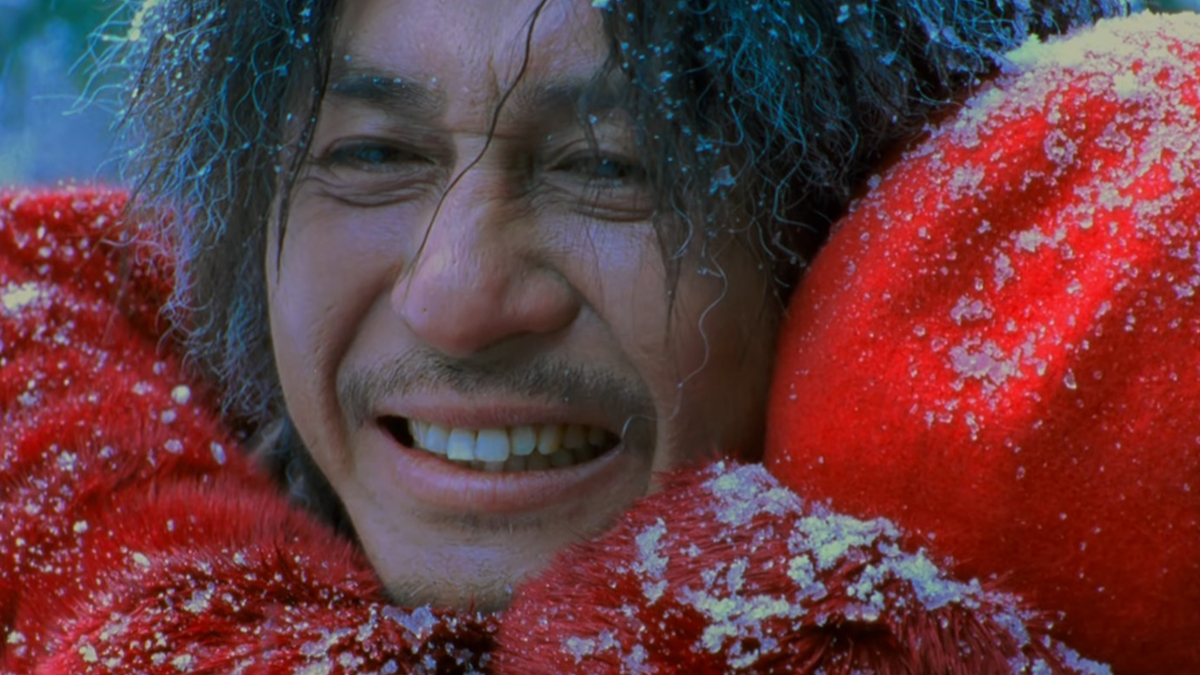
It would be beautiful if it weren’t so ghastly. In Park Chan-wook’s celebrated Korean New Wave thriller Oldboy loosely based on the Japanese manga, a businessman (Choi Min-sik) is imprisoned for 15 years. When he’s released, he feverishly hunts down the one responsible for his captivity while aided by a beautiful sushi chef (Kang Hye-jung). In this pitch black psychological thriller, revenge is the theme du jour where almost-forgotten high school gossip carries a far greater cost than one might think. In Oldboy, hatred festers like an ulcer, calcifying into something inky and venomous in which death is too cheap of an exit.
1. Citizen Kane (1941)
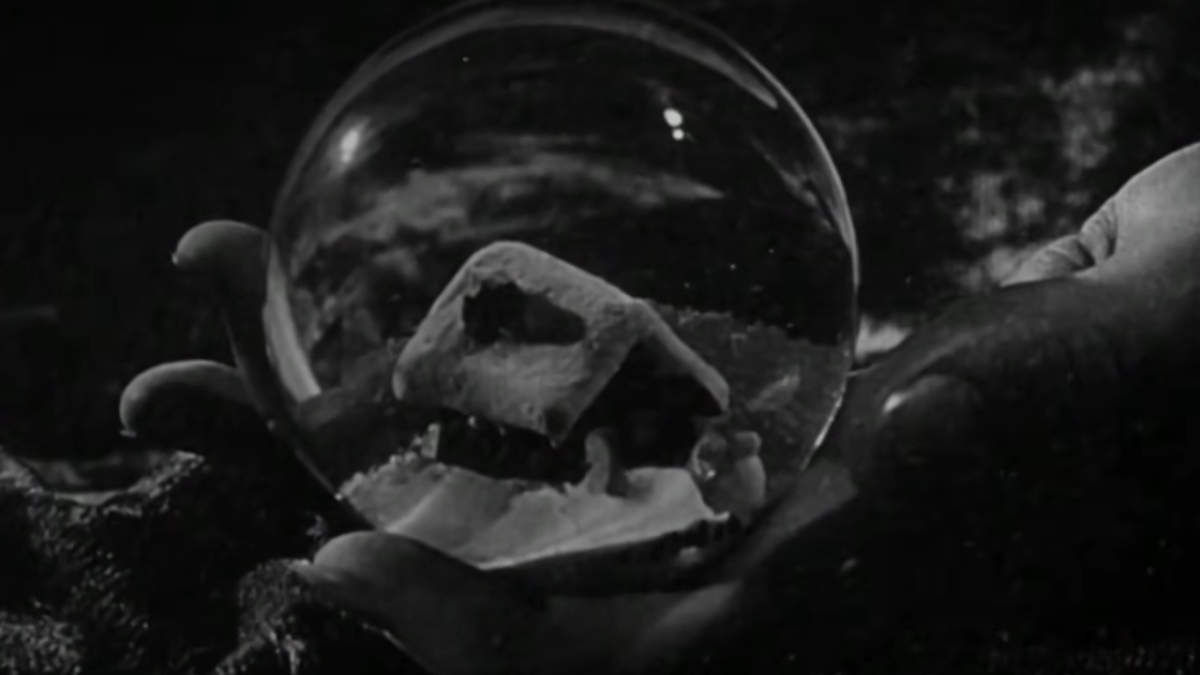
Orson Welles’ movie is hailed as a classic, and all these years later, its status is deserved. Its praise extends to its ending, which isn’t so much as a twist as it is a fine detail that audiences easily forget until they’re reminded in dramatic fashion. In this fictional biopic of a newspaper titan, Charles Foster Kane (played by Orson Welles), his dying words “Rosebud” are an invitation for a journalist to trace Kane’s life to find its origins. In the end, it’s not about secret words or scorned lovers. It’s simply about youthful happiness, and how no amount of wealth can ever compensate for lost innocence.

Eric Francisco is a freelance entertainment journalist and graduate of Rutgers University. If a movie or TV show has superheroes, spaceships, kung fu, or John Cena, he's your guy to make sense of it. A former senior writer at Inverse, his byline has also appeared at Vulture, The Daily Beast, Observer, and The Mary Sue. You can find him screaming at Devils hockey games or dodging enemy fire in Call of Duty: Warzone.


